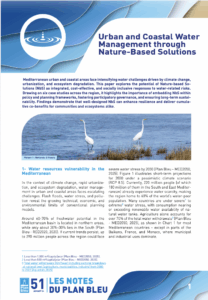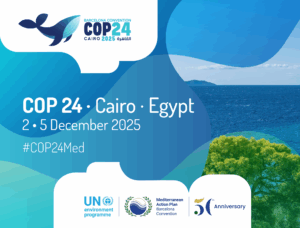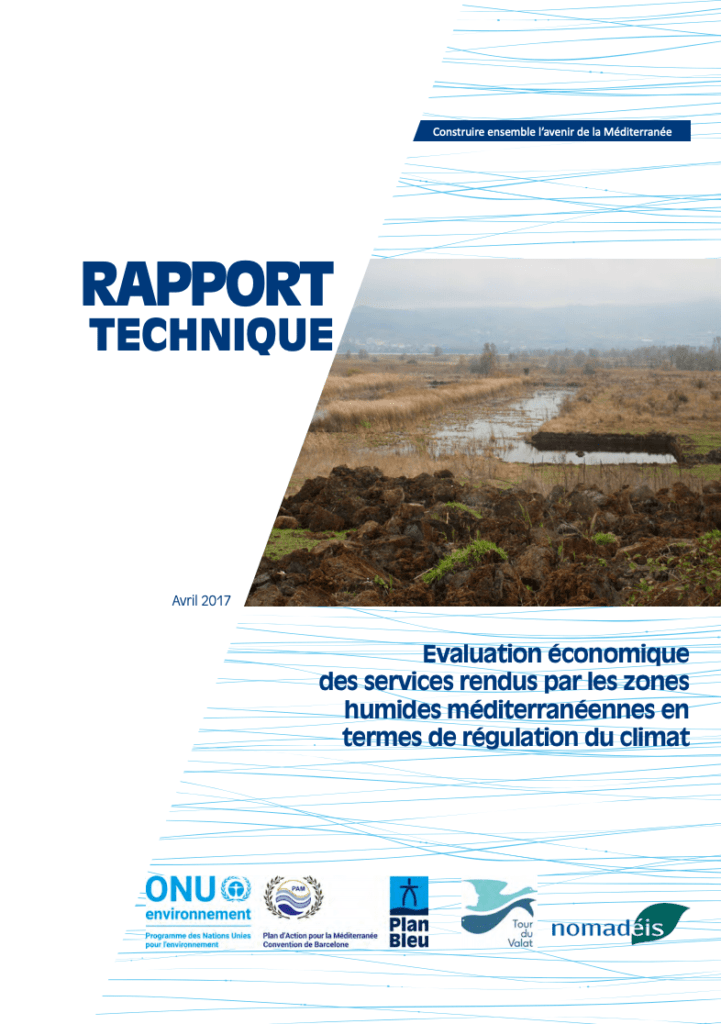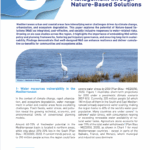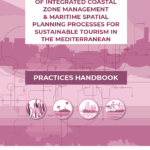This study highlights the value of natural and preserved wetlands as efficient green infrastructures adaptation to climate change. Among all adaptation measures illustrated in this report, we note the importance of regulating human exploitation of these fragile environments (peatland, coastal lagoon) to limit the release of greenhouse gases; maintaining mobility areas around coastal systems forming barriers against storms, while encouraging the sedimentary circulation, or the interest to preserve and ensure a cross-borders management of large and well-connected floodplains to ensure population safety against floods. These low costs solutions compared to equivalent human-made are enhanced by the cost that society should support in their absence.
The study also highlights the utility and diversity of wetland functions, in particular the regulating services they provide.
These services are often poorly understood and associated with complex mechanisms that are difficult to assess using market-based approaches. They nonetheless need to be taken into account in policymaking in the same way as services that traditionally influence decisions (provisioning or recreational services), which generate easily demonstrable benefits that can be assessed in monetary terms. The monetary value assigned to the three services studied herein thus highlights how important it is to take them into consideration in a context of climate change, within a common framework that includes market-related services.






